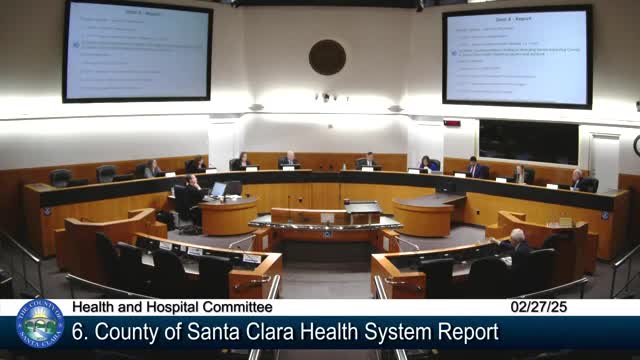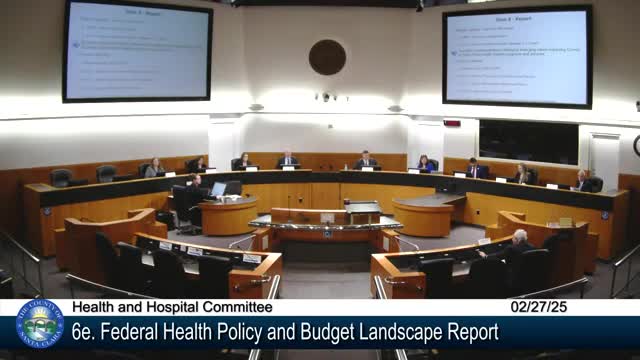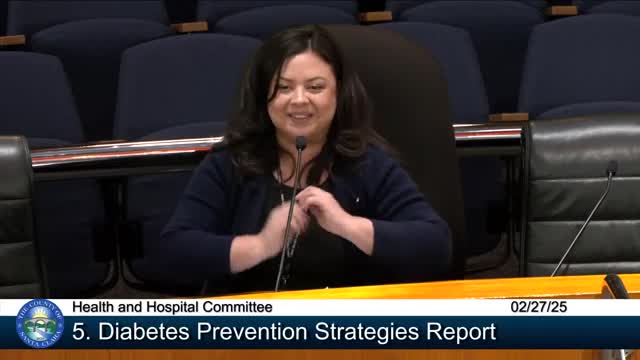Article not found
This article is no longer available. But don't worry—we've gathered other articles that discuss the same topic.

County readies Regional Medical Center for April 1 opening as Valley Medical Center reports sharp ED and trauma increases

County officials warn proposed federal budget changes could threaten Medi‑Cal funding and hospital supplemental payments

